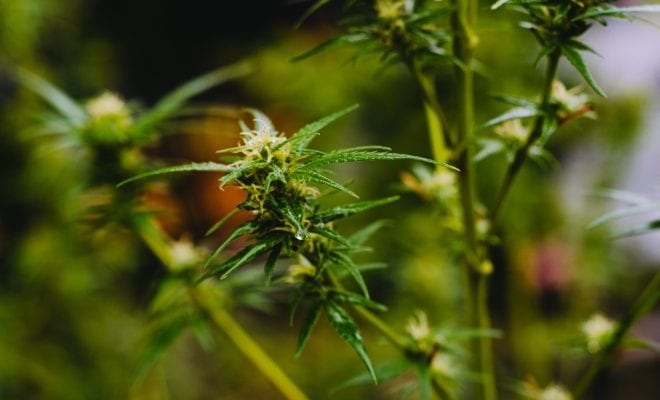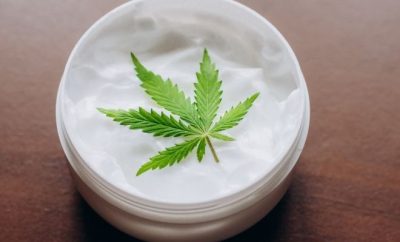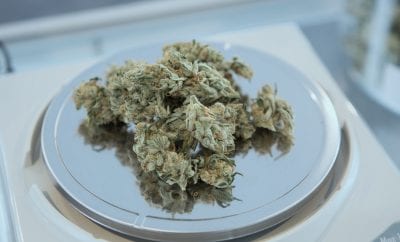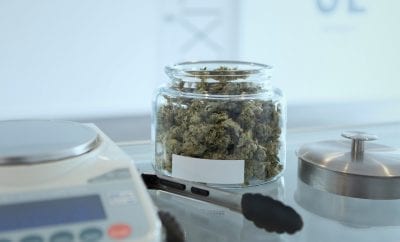
Lifestyle
Understanding the Differences Between CBD and THC
Cannabis and hemp are incredibly versatile plants that can provide a number of health benefits thanks to its two primary components: CBD and THC. To help you better understand the importance of each, let’s go over the differences between the two.
CBD, or cannabidiol, is one of the most critical compounds found in the cannabis plant. It can be found in both medical marijuana and agriculturally grown hemp, and is the only plant known to contain CBD.

When compared to THC, CBD has a slightly different chemical formula, though the differences between the two are fairly wide. One key difference is that CBD is completely non-psychoactive, while THC is the part of the cannabis plant that produces a psychoactive effect, such as euphoria and altered perception. In other words, THC is the compound that gets you high when.
When it comes to medical usage, CBD is used by people to treat the following conditions:
- inflammatory bowel disease
- seizures
- depression
- inflammation
- psychosis or mental disorders
- migraines
THC also has potential uses, including some of the following:
- glaucoma
- muscle spasticity
- low appetite
- Insomnia
Legality

While both have widely accepted uses in the medical field, CBD is more commonly used due to its status of legality. After The 2018 Farm Bill passed, hemp became a legalized crop, meaning all CBD products derived from the plant became legal in all 50 states. On the other hand, there is no federal law allowing the legal use of THC. There are, however, many states that have passed laws allowing for both medical and recreational use of the substance, including California.
Side effects
As a whole, CBD and THC are relatively harmless. CBD has no known side effects according to the World Health Organization, with the only potential side effects occurring from interactions with other medications a person could be taking.
THC, a psychoactive compound, does have some side effects, including the following:
- dry mouth
- red eyes
- slower than average response times
- a general feeling of being high
- memory loss
- issues with coordination
- increased heart rate
Some research has shown that THC consumed in large enough doses can increase the risk of developing schizophrenia, though some experts believe that it instead only exacerbates this illness if it is already a preconceived condition. There is also some study into the effects of THC on the developing brain of teenagers and young adults, with conclusions pointing towards some adverse effects like impaired decision-making, reduced ability to plan and organize, and reduced control over impulses.
Overall, CBD and THC can both be useful in treating a variety of health issues. Though similar, the most important difference between the two is that THC will get you high, while CBD will not. As always, it is important to familiarize yourself with each compound along with local laws before choosing to self-medicate.





0 comments